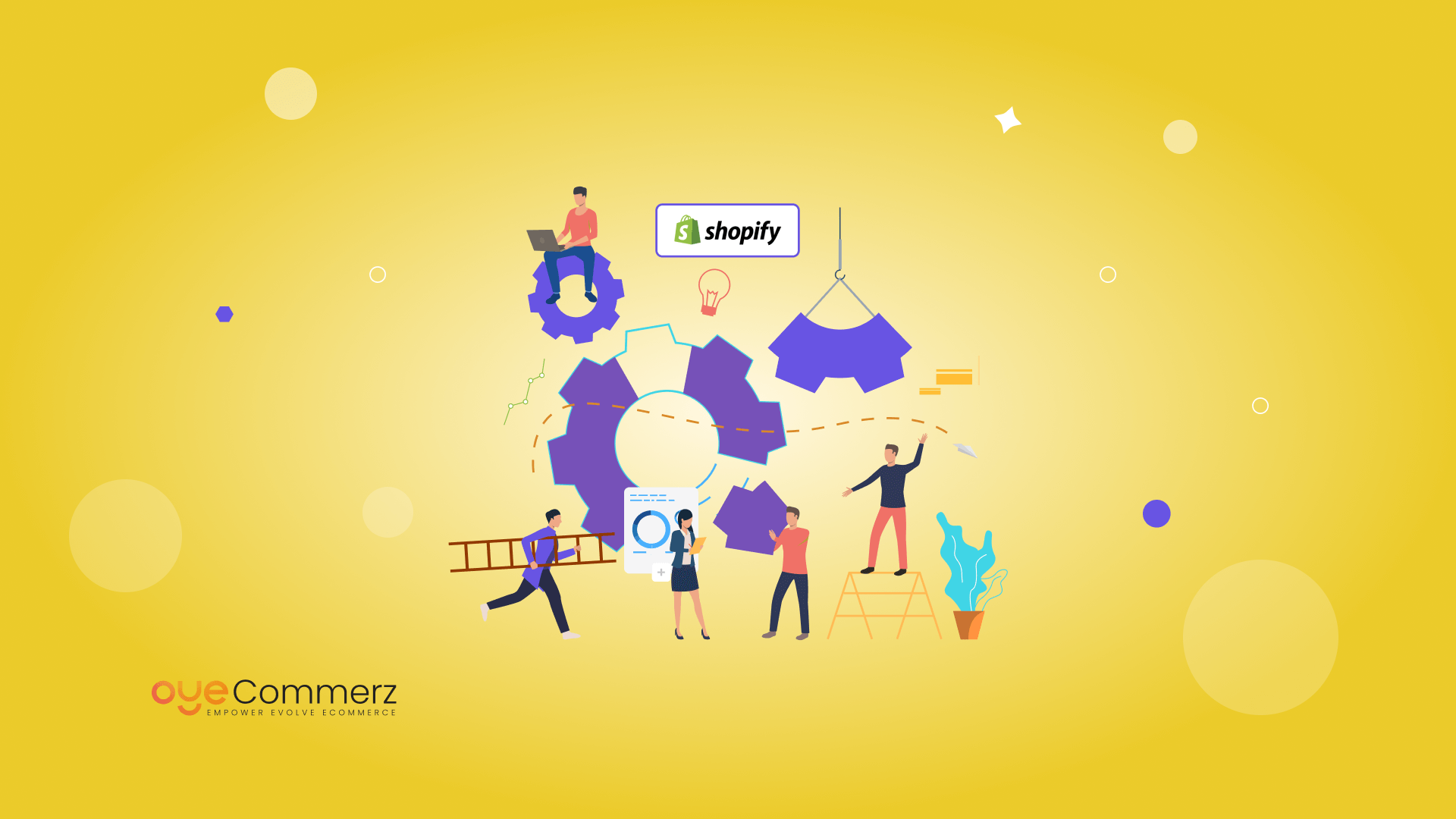Introduction
In today’s competitive e-commerce environment, standing out is essential, and one of the best ways to set apart a Shopify store is through custom app creation. A well-built Shopify app can boost store functionality, simplify processes, and elevate customer engagement. This article explores essential aspects of Shopify app development, from API integration to growth techniques and promotion methods, offering a roadmap for companies looking for unmatched store performance.
Why Shopify API Integration Matters
Shopify’s API offers robust tools to customize and extend store capabilities. With GraphQL and REST APIs, developers can access data to build applications that handle inventory management, order handling, and customer information management seamlessly. Integrating Shopify’s API can lead to better workflow automation and enables stores to serve customers more efficiently.
Utilizing the Polaris Design System
Shopify’s Polaris is Shopify's set of design guidelines for creating user-friendly and accessible Shopify apps. By adhering to Polaris principles, developers ensure that apps integrate smoothly within the Shopify Admin interface. This provides a cohesive look and feel that resonates with Shopify merchants, promoting usability and comfort for merchants utilizing your tailored app.
Navigating the Shopify App Ecosystem
The Shopify app ecosystem offers endless possibilities for improving e-commerce sites. From managing fulfillment processes to boosting customer interaction, apps in this environment are tailored to meet diverse business needs. Learning about this ecosystem assists developers in identifying unique app opportunities and enables smooth connections of third-party services that enhance the store.
Building Embedded Shopify Apps
Embedded apps integrate directly within the Shopify Admin, providing a smooth interface for merchants. They allow merchants do not need to navigate away from their Shopify control panel, simplifying their process. Using Shopify App Bridge and embedded app features is recommended for offering a unified, integrated user experience.
Using Node.js and React for Shopify Apps
Node.js and React have emerged as ideal tools for Shopify app development. Node.js enables efficient back-end services, while React enables dynamic, responsive front-end design. Combined, they offer an excellent platform for building fast, scalable Shopify apps that enhance store functionality and customer engagement.
Webhooks in Shopify Apps
Webhooks allow real-time data synchronization between Shopify and an outside application. They initiate events such as new orders or stock changes and send instant notifications to your app. By implementing webhooks, apps can deliver real-time insights for store owners, simplifying processes and increasing efficiency.
Customer Engagement and Digital Marketing for Shopify Apps
To make a Shopify app successful, engaging customers is key. Using online marketing techniques like SEO, email marketing, and social outreach can increase app usage. Additionally, creating applications with customer interaction as a focus (e.g., loyalty programs or personalized suggestions) boosts user loyalty Shopify apps to enhance customer experience and satisfaction.
Making Your Shopify App Scalable
As e-commerce businesses grow, so do their technological needs. Ensuring that your app can scale to handle increased traffic, larger data sets, and more advanced functionalities is critical. By improving server resources and using scalable technologies, you can create apps that expand in parallel to a store’s success.
Essential Features and Maintenance for Shopify Apps
For an app to be effective, it should offer key capabilities like user login, dashboard analytics, and support channels. Regular app maintenance, with updates to fix bugs and ensuring compatibility with new Shopify functionalities, is vital to maintain continuous operation and prevent disruptions to merchant workflows.
Conclusion
Custom Shopify app development holds vast potential for e-commerce stores, providing the chance to improve store functionality, streamline processes, and build customer relationships. From integrating APIs to ensuring scalability and customer engagement, building a Shopify app involves thoughtful preparation and well-planned actions. If you’re prepared to unlock your store’s full potential, a custom Shopify app may be the ideal solution. What capabilities do you envision for your ideal app? Scaling for Shopify’s growth Share your ideas and begin the journey to an enhanced e-commerce journey!
